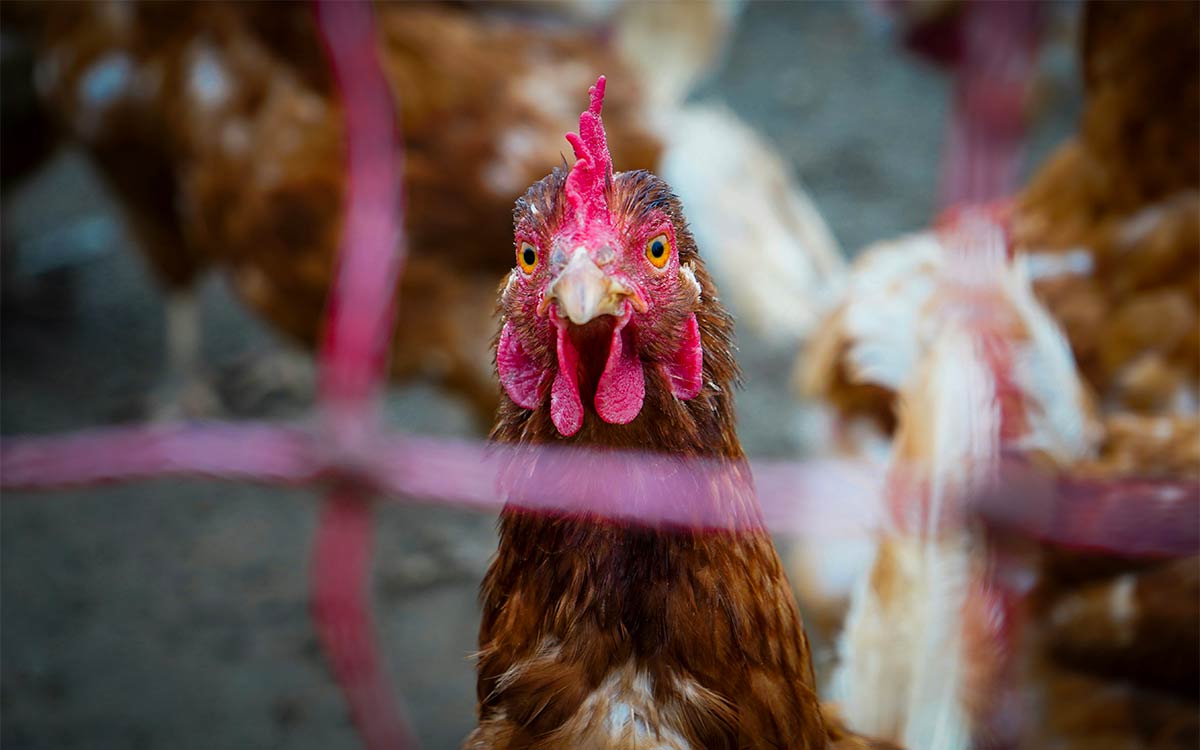
If you’ve been in Uganda for long enough, then the idea of starting a poultry farm in Uganda has probably crossed your mind at one point. As in, who wouldn’t want to try it, the business seems lucrative enough…chips n chicken stalls everywhere on the streets, holidays like Easter and Christmas come around every year, in all means, for someone with a bit of spare space and shelter, it’s a great deal. Feed for a few months, cash in on meat, eggs, or both.
However, like America’s Bitcoin market, the poultry business has proved to be one of the most volatile ventures one can take on in Uganda. While some have struck gold and successfully gained from it, downsides such as outbreaks wiping out entire flocks, theft, feeding costs, and fraudulent poultry-investment schemes like the infamous ‘Capital Chicken’—which defrauded Ugandan farmers of over UGX 1.6 billion before abruptly shutting its offices—make one think thrice before committing
Smaller-scale frauds are also rife in the local poultry markets, where unsuspecting farmers often buy chicks that turn out to be weak or diseased, sold under the guise of high-quality stock. Such scams push hopeful farmers into losses before they can get off the ground.
So, what are some of the things to know and think about before investing in Uganda’s poultry business?
We have already established that Ugandans love chicken. From street vendors selling roasted chicken to large-scale suppliers providing eggs to markets, poultry products are in constant demand. Chicken offers multiple streams of income through meat production (broilers), egg production (layers), and breeding (selling chicks to other farmers).
On that note, some of the challenges to watch out for when starting a poultry investment include:
- Diseases and Poor Veterinary Support: Poultry diseases like Newcastle and Coccidiosis are a farmer’s worst nightmare. They spread fast and can wipe out your entire flock within days. Many farmers struggle to find affordable and reliable veterinary services, which worsens the situation. Befriending a vet can save you from future panic.
- Fraud: Fraudulent poultry schemes are on the rise in Uganda, with unsuspecting farmers lured by promises of quick returns, only to see the companies disappear overnight. In local markets, buying weak or diseased chicks remains a common problem.
- Market Saturation: Although demand for chicken and eggs is high, markets can become oversaturated, especially during non-festive months. Farmers often end up competing on price, which drives down profits.
- High Cost of Feeds: Feed prices in Uganda are consistently rising, eating into potential profits. Since feeding accounts for over 70% of chicken farming costs, managing it effectively is crucial to maintaining profitability
- Theft and Security Concerns: Poultry farms often face theft, with farmers waking up to find significant portions of their flock missing. In Uganda, security can be a challenge, so investing in a sturdy shelter with secure locks—and hoping for the best—becomes a necessity.
Essential Preparations Before Starting.
If you’re still eager to join the poultry business despite the risks, then the least you can do is prepare.
Set Up Proper Housing: Your chickens need a safe, well-ventilated space. The coop should be spacious enough to prevent overcrowding, which can lead to disease outbreaks. Regular cleaning is a must, and some farmers use wood shavings as bedding, replacing them after a set time.
Choose the Right Breed
Consider your goals: Broilers grow fast and are ideal for meat production.
Layers provide eggs over a longer period.
Local chickens are hardy and suitable for free-range setups.
Have a Reliable Vet on Speed Dial. Diseases can strike without warning, so it’s crucial to have access to vaccinations and professional advice whenever needed.
Calculate Costs. Ensure you understand the full range of expenses to expect, including Housing setup, Initial stock of chicks, Feeding costs, Vaccinations & medication, and some extra petty cash for emergencies.
Find Your Market: It’s best not to wait until the day you plan to sell birds or eggs. Start identifying potential buyers early, so on D-day, you already know who to contact. This could include local vendors, supermarkets, or even hotels.
Join Farmer Groups: Sure, having a solo gig sounds fun and empowering, but when it comes to knowledge, tips & tricks of any trade, it’s always best to have a group to fall back to. Having access to a farmer group, however small, can help you access bulk deals on feeds and market your products more effectively. Farmer A has a deal, but not enough eggs, not enough chicken, so Farmer B fills in. Need to borrow some ka extra capital, want to get discounts by buying feeds in bulk? The group has your back.
Keep Detailed Records: Know your expenses, earnings, and flock performance, as this helps you assess your profitability and make informed decisions for future improvements.
So, if you are ready to leap, know that there is significant potential, but also challenges in the poultry business. Be prepared, plan carefully, and be willing to adapt. Happy hustling, happy starting a poultry farm in Uganda.